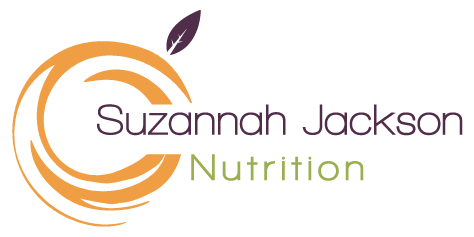Summer health care –
Now that summer is fully upon us; school holidays, a bit of sun, maybe a Covid safe staycation is in the planning….. How are you going to get prepared and stay on top of your health and your family’s health?
2020 will go down as one of the most testing years in history on all levels imaginable. But don’t let this year be a summer of excuses.
The holiday season is a great time to maintain a holding pattern and to staying in control by looking after your own health and well-being.
The best way to achieve this is to follow my 4 simple guidelines
EATING WELL
What does ‘eating well’ mean?
At its most basic level ‘eating well’ involves eating real food almost all of the time (rather than processed foods) and getting a variety of different foods into your diet.
There are three simple rules
- Eat regularly
- ALWAYS eat protein with every meal/snack
- Be selective about the amount and type of starchy carbohydrates
Try to eat a rainbow
Coloured vegetables contain important plant chemicals called phytonutrients and these are bursting with disease-fighting antioxidants that can reverse some of the damage caused by our environment.
Every different colour is linked to a specific group of plant chemicals and they have a synergistic effect. Simply, the more colours you can get in over the course of a week, the better it is for your health.
STAYING HYDRATED
You need to drink more – 2 litres a day as a minimum
Water makes up about 75% of your body, and every single cell needs water to function properly. It’s part of every tissue, contained in every cell and we lose it through tears, sweat, going to the loo – even when we breathe!
Water is needed for all kinds of functions in the body, including circulation and digestion as well as maintenance of body temperature. It also cushions your joints and protects the brain and spinal column.
Water keeps you energised and your skin hydrated. So, if you’re full of energy and your skin is glowing, that’s one sure-fire way to feel good about yourself. Studies have also shown that drinking water raises your metabolism and improves your fat burning rate.
Thirst is often confused with hunger and so can lead to over-eating. Being not hydrated enough can lead to the following symptoms:
- Feeling tired, grumpy and having trouble concentrating or processing information
- Having a dry mouth, lips, skin
- Having bad breath, constipation, and headaches
The colour of your urine is a good indicator of your hydration status.
The ideal is clear to very pale yellow urine with pale honey being borderline. A yellow, more cloudy colour means you need drink water now! A darker orange-yellow is not healthy and indicates dehydration.
BEING WELL
Most women spend the majority of their time taking care of others, but you also need to be taking care of yourself too.
It is easy to know when you are dealing with extreme stress, such as a serious illness or the loss of a job. But there are so many other sources of stress that you might not realise are affecting your body and your mental health.
Feeling constantly tired and fatigued
When you have a lot of stress in your life, it can cause your cortisol levels to be out of balance. This in turn affects your ability to get a good nights’ sleep and also reduces your energy levels during the day.
Mood swings and anxiety
Your brain is handling a lot when you are stressed and you then focus on your stressors more than anything else. This can cause panic and anxiety that leads to moodiness and agitation.
There is a connection between stress and mental illnesses. People with chronic stress find that their anxiety is heightened, and those with anxiety find that stress affects them more severely.
Lack of focus
The inability to focus on a task with poor concentration levels is another possible symptom of stress and a common sign of burnout.
Slowing down and focussing on your well being can help gain some clarity.
STAYING WELL
Break the habit loop
A habit is an acquired behaviour pattern regularly followed until it has become almost involuntary. Significant progress in weight loss and health can be made by consciously retraining the brain and resetting behaviour.
Willpower is a limited resource and, when it runs out, we default back to our existing habits. When learning a new response, the ‘associative basal ganglia’ is engaged, which involves the pre-frontal cortex and supports working memory for decision making.
As you repeat the behaviour in the same context, the information is reorganized in your brain.
Studies have shown it takes time for a new habit to become the default choice.
Keep in mind the 3 / 6 / 36 rule:
3 weeks to break a habit.
6 weeks to create a new habit.
36 weeks for the new habit to become a default habit.
Start the day with a healthy breakfast
Chia Pudding
Serves 2
300 ml coconut or almond milk
1 ripe banana
2 tbsp almond butter
Large handful of fresh/frozen berries
1 tsp maca powder
6 tbsp chia seeds
Place the milk, banana, almond butter, berries and maca powder into a blender and blend until smooth.
Stir in the chia seeds and pour into two jars
Place in the fridge overnight
If this blog has got you thinking more about your general health, weight loss, immunity or gut health I would be delighted to talk to you about how I can help.
Check out the link below for a free 20 minute consultation or send me an email at: info@suzannahjacksonnutrition.co.uk
I am a fully qualified Nutritional Therapist and can work with you to create a plan specific to your body’s needs and your personal health and fitness goals.

